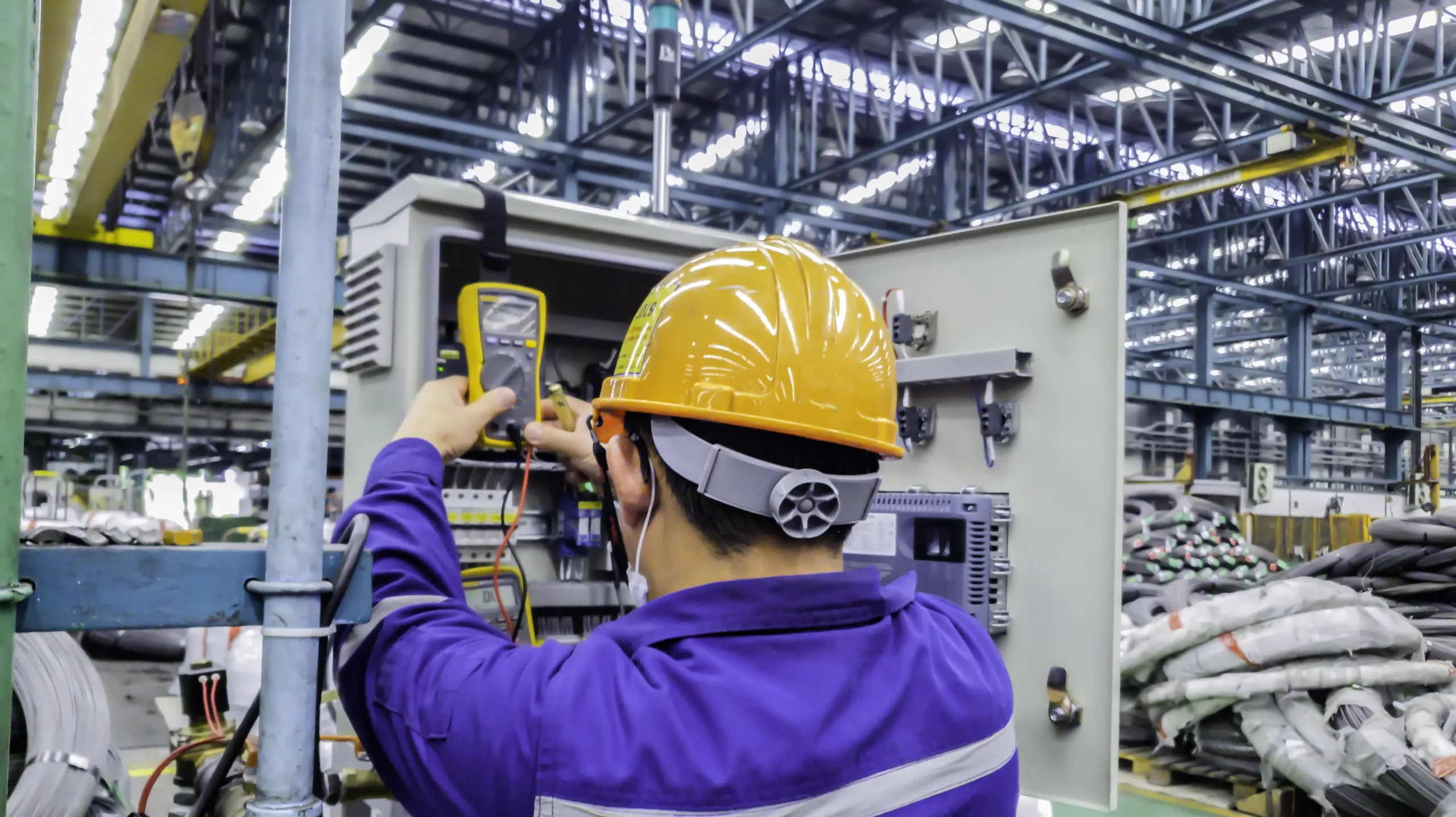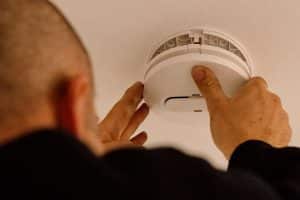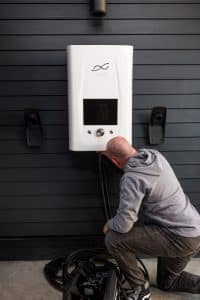A good commercial electrician is essential to any commercial construction or maintenance team. They are responsible for installing, maintaining and repairing electrical systems to ensure the safety and efficiency of a building’s electrical operations.
Several key qualities make a good commercial electrician:
- Knowledge and Experience: A good commercial electrician thoroughly understands electrical codes, regulations, and standards. They also have a broad range of experience working on different electrical systems and projects.
- Attention to Detail: Electrical work requires detailed precision. A good commercial electrician carefully plans and executes the job, ensuring that all connections are secure and all systems are correctly installed and tested.
- Problem-Solving Skills: Commercial electrical systems can be complex. A good commercial electrician can troubleshoot and solve problems as they arise. They think critically and find creative solutions to challenging issues.
- Communication Skills: Commercial electricians communicate effectively with their clients colleagues and supervisors. They can explain their work and discuss any issues that may arise, clearly and concisely.
- Safety Focus: Electrical work can be hazardous, so a good commercial electrician takes safety seriously. They always follow proper safety protocols and procedures, and are aware of potential on-site hazards.
- Time Management Skills: Commercial electricians often work on tight deadlines and thus manage their time effectively to ensure that projects are completed on schedule.
- Physical Stamina: Commercial electrical work can be physically demanding. A good commercial electrician is able to work for long periods, and carry heavy equipment and materials.
- Adaptability: Commercial electrical systems can vary widely from one building to the next. A good commercial electrician can adapt to different environments and work on various projects.
Specific jobs that commercial electricians specialise in include:
- Installing and maintaining electrical systems in new construction projects.
- Repairing and upgrading existing electrical systems in commercial buildings.
- Installing and maintaining electrical systems in industrial facilities.
- Designing and installing electrical systems for special events or temporary installations.
Commercial electricians differ from residential electricians in that they typically work on larger, more complex electrical systems in commercial and industrial settings. They may also be responsible for managing teams of electricians and coordinating work with other contractors and tradespeople.




